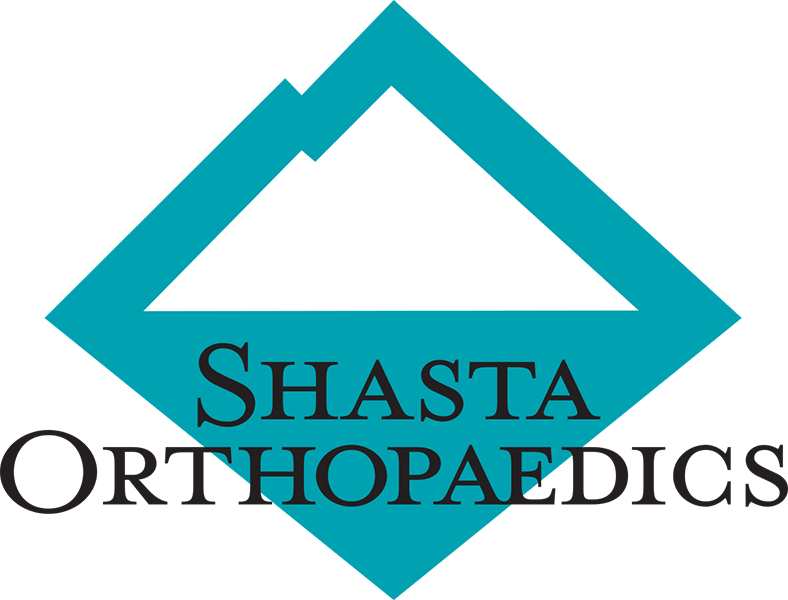A Fresh Perspective On Cancer-Related Pain Management
How Interventional Pain Management Helps Patients Think Beyond Prescriptions
The National Cancer Institute projects that an estimated 1,735,350 new cases of cancer will be diagnosed in the United States this year alone. While this staggering statistic proves just how real and relevant of a disease it is, improvements are being made every day to the prevention, detection, and treatments of cancer—including the treatments of cancer-related pain. Over half of cancer patients will suffer from cancer-related pain, and for over a third of those patients the pain is moderate to severe.
Cancer-related pain is commonly treated with prescription pain medicine (opioids), but there are myriad reasons why some patients look for management beyond medication. While intended to reduce the sensation of pain, these medications have potential downsides like any medical treatment, including addictive properties, side effects, most commonly nausea, constipation, and sedation, or simply aren’t sufficient to manage the individual’s pain. In these cases, doctors and patients may integrate other techniques into a pain management plan.
What is Cancer-Related Pain?
Cancer-related pain can have many causes. A tumor displaces, destroys or invades healthy tissue in the body. In the process, it may also interfere with the normal functions of other organs. These processes can directly cause pain. Chemotherapy-induced peripheral neuropathy (CIPN) is nerve pain that is very common with certain types of chemotherapy drugs. Surgery to remove tumors can also lead to chronic post-operative pain, even when everything went well with the surgery.
Interventional treatments can benefit a broad spectrum of cancer types, but according to Dr. Monroe, a pain management expert at Shasta Orthopaedics, “The pain caused by pancreatic and colon cancers can be the most difficult to treat medically, but actually has some of the best interventional options.”
A New Approach to Pain Management
Interventional pain management boasts innovative techniques like injections, nerve blocks, spinal cord stimulation, pain pumps, and other minimally invasive treatments. A multidisciplinary approach, interventional pain management can help treat the complexities that come along with cancer-related pain, whether that pain is caused directly by the tumor, cancer treatments, or a combination of the two.
There are several modalities of interventional pain management that can be used to relieve pain in cancer patients. For pain caused by nerve injury, nerve blocks, nerve ablations, and spinal cord stimulators can provide profound relief. Injected at the site of pain, nerve blocks do just that—a local anesthesia blocks the transmission of pain signals to the brain. Another cutting-edge technique is nerve ablation. Especially beneficial to patients with painful metastatic disease in their spine, this minimally invasive procedure uses radiofrequency energy to destroy the painful tumor and stabilize the spine. For pain that has not responded to other measures, especially in patients with end-stage cancer, intrathecal pain pumps can provide significant relief. Pain pumps are an implanted device that deliver pain-reducing medication directly to the spinal cord, provided far stronger pain relief with minimal systemic side effects.
With a wide range of diagnostic experts and medical doctors all under one roof, the team at Shasta Orthopaedics helps cancer patients set goals for pain management—then makes their success top priority. Regardless of whether the cancer is in remission, being actively treated with a goal of cure, or is end stage, interventional pain management can help improve quality of life.



